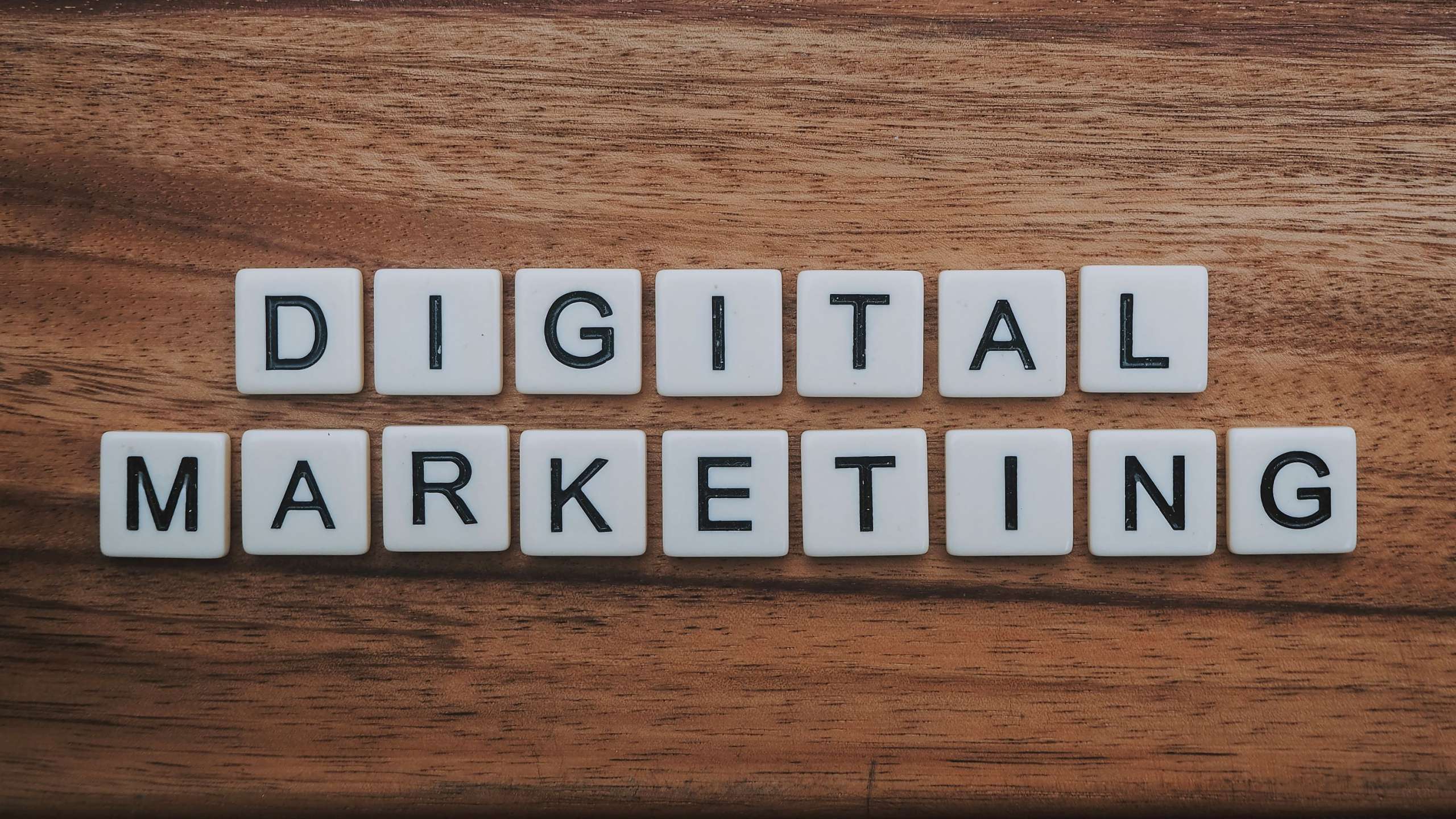In today’s rapidly evolving business environment, traditional marketing alone is no longer sufficient to guarantee growth. As digital technology continues to advance, digital marketing has become indispensable for businesses striving to remain competitive and relevant. This approach leverages the internet and digital devices to promote products, services, and brands more effectively and to a broader audience than traditional methods could ever reach.
The essence of digital marketing lies in its ability to facilitate two-way communication between businesses and consumers, offering a platform for real-time engagement and feedback. Unlike traditional marketing’s one-way street, digital marketing creates a dynamic interaction, allowing for immediate responses and adjustments that can significantly enhance customer experience and satisfaction.
Defining Digital Marketing
Digital marketing involves the use of the internet and digital technologies to communicate with potential customers. Unlike traditional marketing, which often includes one-way communication through mediums like print and broadcast, digital marketing fosters a two-way interaction. This interaction allows businesses to receive immediate feedback and engage directly with their audience, making it a dynamic and interactive method of marketing.
How Digital Marketing Works
Digital marketing is categorized into two main types: push and pull marketing. Pull marketing focuses on attracting customers through content they seek themselves, using tools such as blogs, websites, and media streaming. These resources are found by consumers through search engines when they are looking for specific information. On the other hand, push marketing involves sending messages directly to users through methods like SMS, email, RSS feeds, and banner ads. This method allows for personalized and targeted communication, making it a powerful component of a comprehensive digital marketing strategy.
Key Digital Marketing Channels
A successful digital marketing strategy often utilizes multiple channels to maximize reach and effectiveness:
- Email Marketing: One of the most traditional forms of digital marketing, email marketing involves sending personalized content directly to users’ inboxes.
- Social Media: Platforms like Facebook, Twitter, Instagram, and LinkedIn allow businesses to engage with a vast audience through posts, ads, and direct messaging.
- Content Marketing: This strategy focuses on creating and distributing valuable content to attract and engage a defined audience, with the ultimate goal of driving profitable customer action.
- Search Engine Optimization (SEO): SEO techniques enhance the visibility of a website in search engine results, making it more likely for potential customers to find a business online.
- Pay-Per-Click (PPC) Advertising: This model involves paying a fee each time one of your ads is clicked. Google Ads is a popular PPC advertising system.
- Mobile Marketing: This includes SMS messages and applications tailored to engage mobile device users.
- Video Marketing: Videos can be used across several platforms to engage users, convey information, and promote products or services.
- Outdoor Digital Displays: While not online, digital billboards and signs can complement an online strategy by increasing brand visibility in physical locations.
Who Uses Digital Marketing?
Today, virtually every sector leverages digital marketing, from small startups to multinational corporations. The versatility and reach of digital strategies allow them to tailor their approach to fit their specific audience and industry needs. For example, retail and entertainment industries often target a younger, tech-savvy demographic using platforms where this audience spends the most time, such as Snapchat and Instagram.
Pioneers like Starbucks and H&R Block have demonstrated the effectiveness of digital marketing. Starbucks began blogging as early as 2008 to create a more personal connection with customers, while H&R Block has utilized mobile advertising and social media to engage with college-aged students.
The Benefits of Digital Marketing
Digital marketing offers numerous advantages over traditional methods:
- Cost-Effectiveness: Digital marketing provides an affordable alternative to high-cost traditional media, offering measurable ROI.
- Increased Reach: Digital platforms enable businesses to reach a global audience more effectively.
- Real-Time Results: Unlike traditional methods, results from digital campaigns can be monitored in real time, allowing for quick adjustments to improve outcomes.
- Personalization: Digital marketing facilitates tailored messages and campaigns that resonate more deeply with individuals, enhancing engagement and conversion rates.
- Analytics and Optimization: With advanced analytics and building customer data platforms for marketing success, businesses can track user behavior and refine strategies to maximize effectiveness.
Choosing a Digital Marketing Firm
For businesses new to digital marketing or looking to enhance their existing efforts, partnering with a top digital marketing firm can be beneficial. These firms specialize in developing comprehensive digital strategies that optimize website performance, engage users, and convert leads into sales. A skilled digital marketing team will tailor their services to meet the unique needs and goals of your business, ensuring that you not only reach but exceed your marketing objectives.
Conclusion: Embracing Digital Transformation
As we delve deeper into the digital era, understanding the future of digital marketing is a critical component of business growth strategies. Businesses that embrace digital marketing techniques open themselves to opportunities for innovation, customer engagement, and market expansion that traditional marketing strategies simply cannot offer. By integrating various digital marketing channels and techniques, companies can engage with customers more effectively, fostering stronger relationships and driving business growth.
Moreover, the future of marketing lies in the digital realm. As consumer behaviors and technologies evolve, so too must marketing strategies. Businesses that adopt and adapt to digital marketing find themselves better positioned to anticipate market trends, meet customer needs, and respond to competitive pressures. Whether it’s through developing engaging content, leveraging social media platforms, or utilizing targeted advertising, digital marketing is not just about keeping up—it’s about staying ahead. Thus, investing in digital marketing is investing in a business’s future, ensuring relevance and success in an increasingly digital world.





